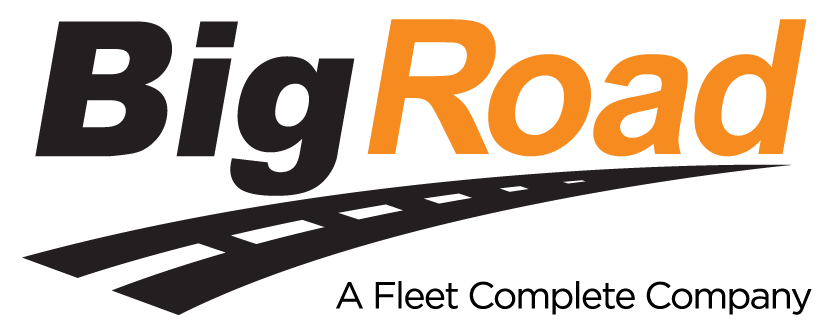Compliance, Safety, and Accountability (CSA) is a measurement program set up by the Federal Motor Carrier Safety Administration. Commercial carriers are given a score based on inspection results, traffic violations, and incidents. The higher the score, the more likely that company is to be involved in an accident—so the lower, the better.
Your CSA score has a direct impact on business, making it one of your fleet’s most important metrics. Showing you take safety seriously attracts prospective clients and employees. It also means you’ll enjoy lower insurance premiums and fewer inspections than those with higher scores—so it pays to give it due attention.
Read on to discover how a fleet management solution can help you lower your CSA score and promote a culture of safety.
1. Safer Driving
CSA offenses are ranked according to severity, with 10 being the highest. Reckless driving, along with hours-of-service violations and drug use sits at the top of that scale.
Bad driving has a major impact on your CSA Score. Of course, you can’t be everywhere at once—and despite training, there will be times your drivers don’t perform as well as they should. This is where fleet tracking software comes in handy.
With Fleet Complete, you can help your drivers reduce aggressive driving by recording behaviors that could compromise safety. You can access this information remotely, then provide feedback and if necessary, training or disciplinary action. You can also track driving behavior over time to identify patterns and triggers.
BigRoad’s video coaching solution for drivers has real-time voice feedback that managers can use to highlight unsafe behavior. It also has in-cabin notifications, which alert drivers of harsh braking, cornering, or speeding. This helps them improve their driving habits while they work and lowers the risk of CSA violations.
2. Regulation Compliance
Fatigue is a major cause of road accidents, which is why carriers breaking Hours-of-Service (HOS) rules face tough penalties.
Using an Electronic Logging Device (ELD) can help carriers track HOS. Metrics are taken automatically from the vehicle itself, eliminating human error. This data can then be used to set up alerts that tell drivers and managers when thresholds are approaching—helping ensure staff are well-rested before each journey.
Carriers can also use fleet tracking software to challenge alleged violations that have damaged their CSA score. Pairing your claim with actual data from your GPS fleet tracking software helps you make a stronger case. The same goes for challenging insurance companies.
“Many larger carriers use electronic logs, which all but eliminate the most common driver violations in the area of hours of service, while most smaller carriers do not,” said Tom Bray, transportation editor with J.J. Keller & Associates. “The company’s attitude toward compliance, training, driver discipline and vehicle maintenance is more of a factor than size.”
3. Well-Maintained Vehicles
Poor vehicle maintenance impacts your CSA score. It also increases your risk of accidents. Preventative maintenance checks help you spot vehicle problems before they become bigger issues—and with fleet management software, it’s easier to create regular schedules you’ll stick to.
BigRoad’s Inspect app is an easy way for drivers to work with mechanics and take a proactive approach to problems. In addition to tracking metrics like engine diagnostics and tire pressure, fleet managers can also set up service schedules with notifications that alert them when a check is due—helping everyone stay on track.
4. Lower Rate of Accidents
ELDs automatically record HOS, which makes it easier for teams to keep an eye on behaviors that lead to accidents, such as fatigue.

Jeremy Kirkpatrick, Vice President of Advocacy Communications for American Trucking Associations, told Changing America, “…compared to outdated pen-and-paper methods of tracking driver hours, this modern-day technology is more accurate, easier to enforce, more difficult to falsify and will ultimately save lives.”
How to Check Your CSA score
Carriers with a low score should take action immediately. Monitoring your CSA score can help you see where you can improve and show you progress once you’ve implemented a fleet management solution. If your score is good, you can then share this information with prospective clients and employees.
To see your CSA score, visit the FMCSA website and enter your USDOT number, along with your pin. If you don’t have a pin yet, simply request one from the DOT.
If you want to help promote a culture of safety and compliance within your fleet, learn more by requesting our demo.

